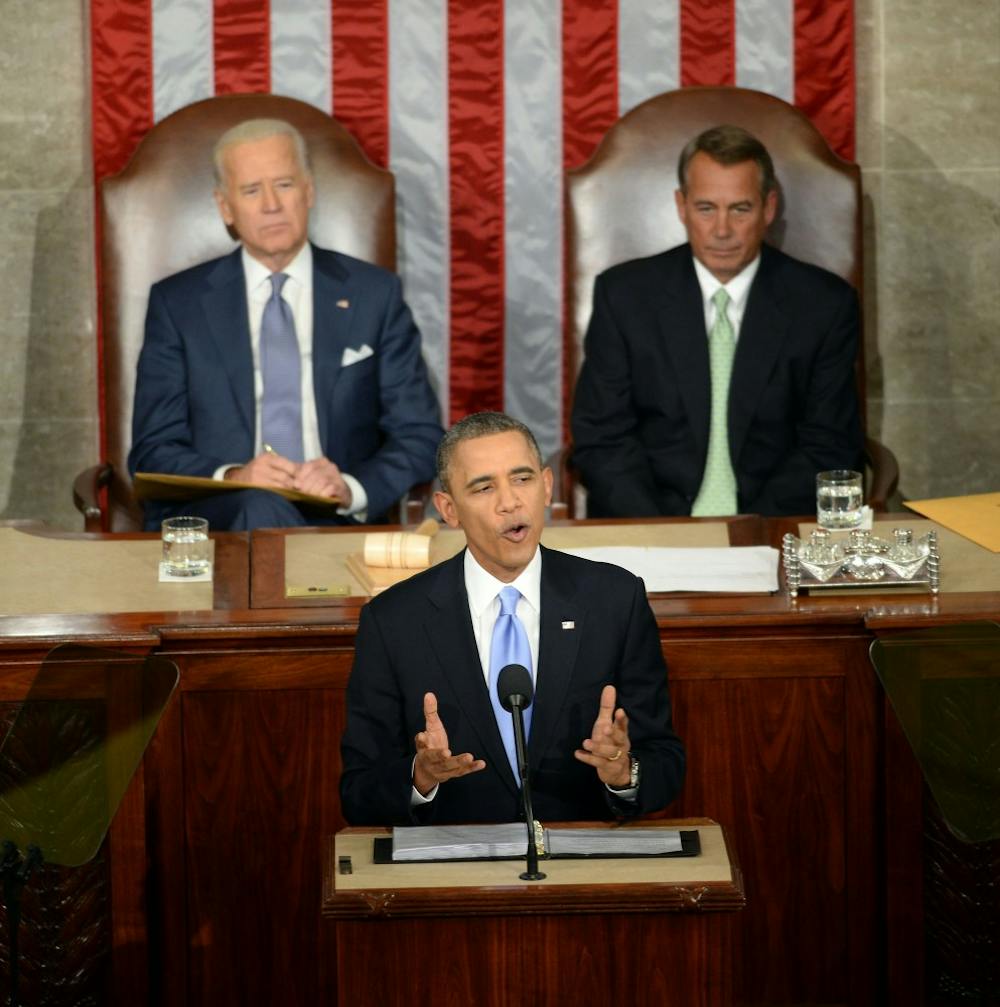WASHINGTON (AP) — President Barack Obama nominated federal appeals court judge Merrick Garland to the Supreme Court. The pick sets up a confrontation with Republicans who say they will refuse to consider his nomination in an election year.
Garland, 63, is the chief judge for the United States Court of Appeals for the District of Columbia Circuit, a court whose influence over federal policy and national security matters has made it a proving ground for potential Supreme Court justices.
He would replace conservative, Justice Antonin Scalia, who died last month, leaving behind a bitter election-year fight over the future of the court.
Garland was confirmed to the D.C. Circuit in 1997 with backing from a majority in both parties, including seven current Republicans senators.
Sen. Chuck Schumer of New York, the No. 3 Democratic leader called Garland's section, "a bipartisan choice," adding: "If the Republicans can't support him, who can they support?"
If confirmed, Garland would be expected to align with the more liberal members, but he is not viewed as down-the-line liberal. Particularly on criminal defense and national security cases, he's earned a reputation as centrist, and one of the few Democratic-appointed judges Republicans might have a fast-tracked to confirmation — under other circumstances.
In his announcement, Obama said allowing the Supreme Court confirmation process to become an extension of the presidential race would be wrong. He said it would betray America's best traditions.
Obama is urging Senate Republicans to grant hearings and a confirmation vote to Garland.
He said if they don't, it would be an abdication for the Senate's constitutional duty and would show the nominating process is "beyond repair."
Approval will be a hard sell because Republicans control the Senate, which must confirm any nominee, and GOP leaders want to leave the choice to the next president, denying Obama a chance to alter the ideological balance of the court before he leaves office next January. Republicans contend that a confirmation fight in an election year would be too politicized.





